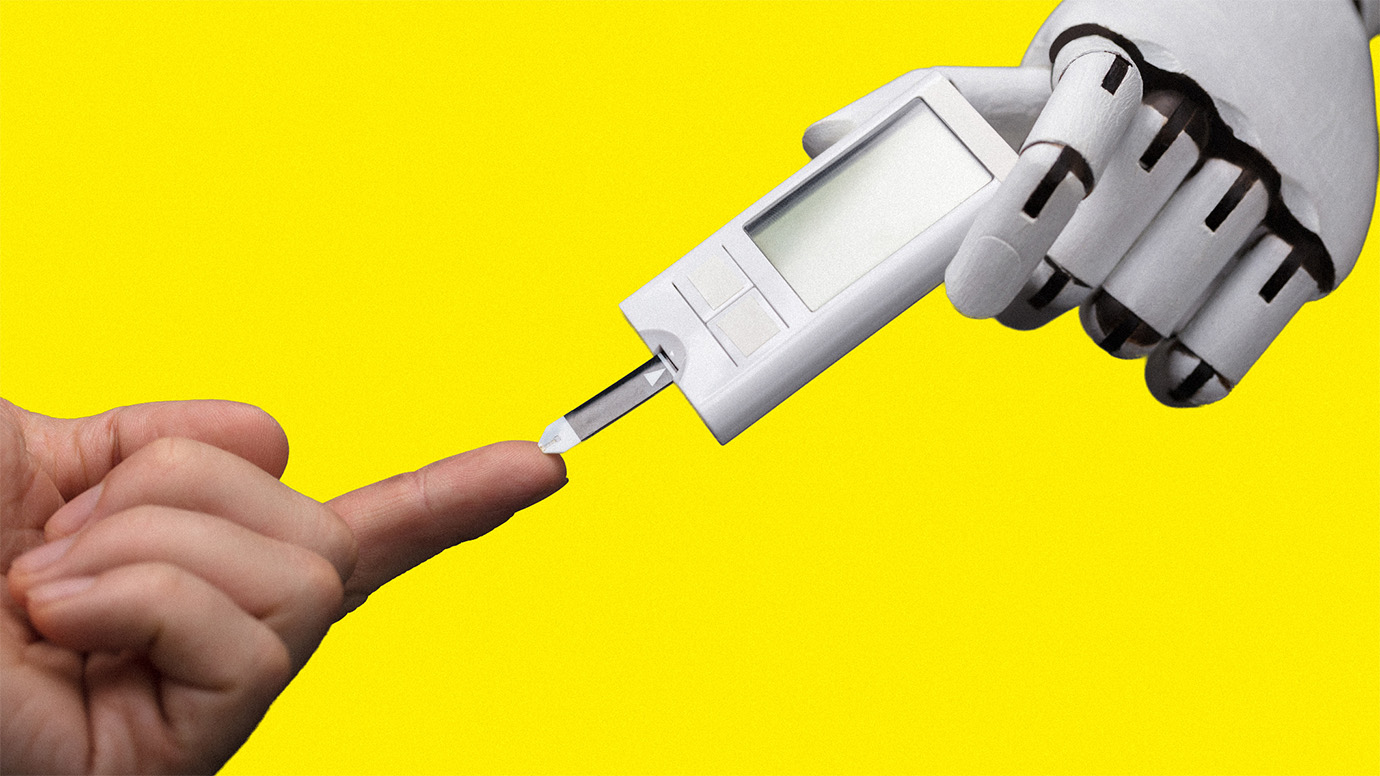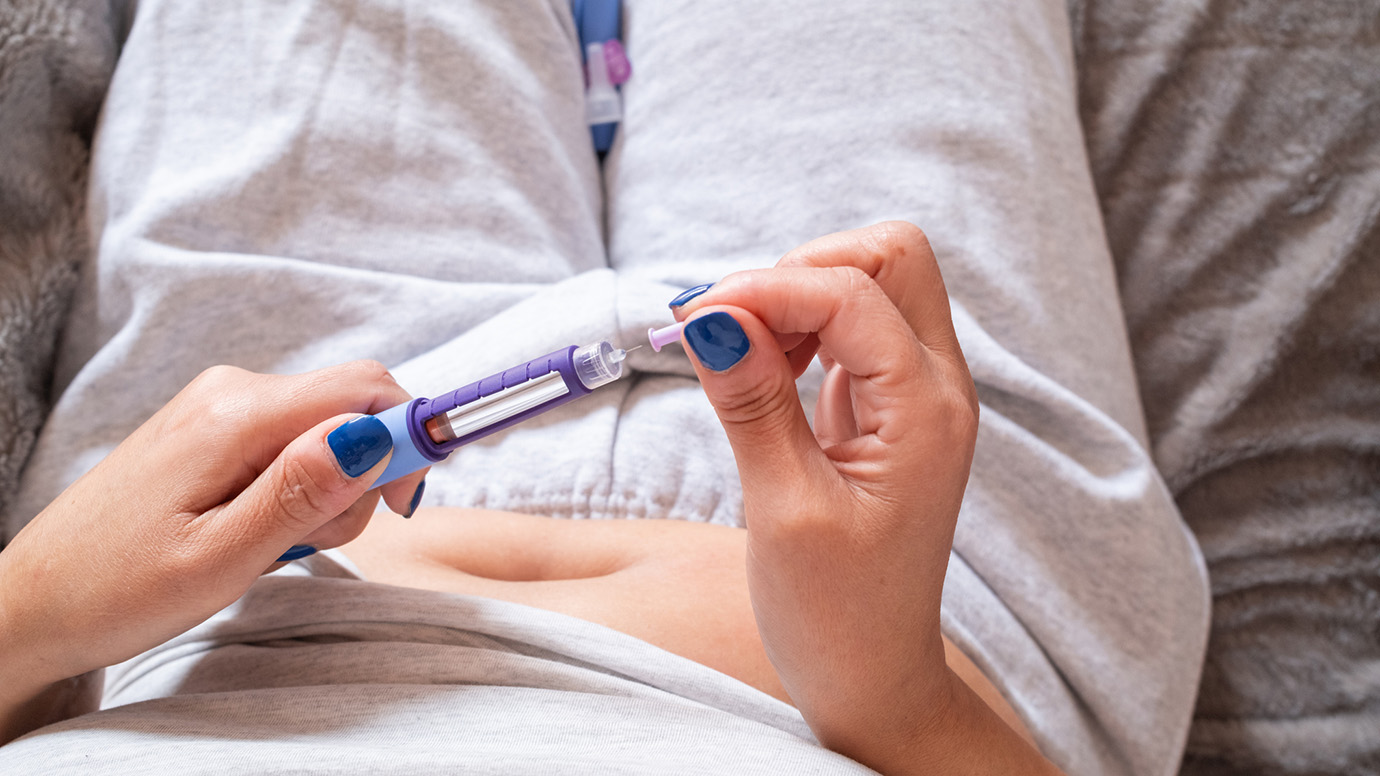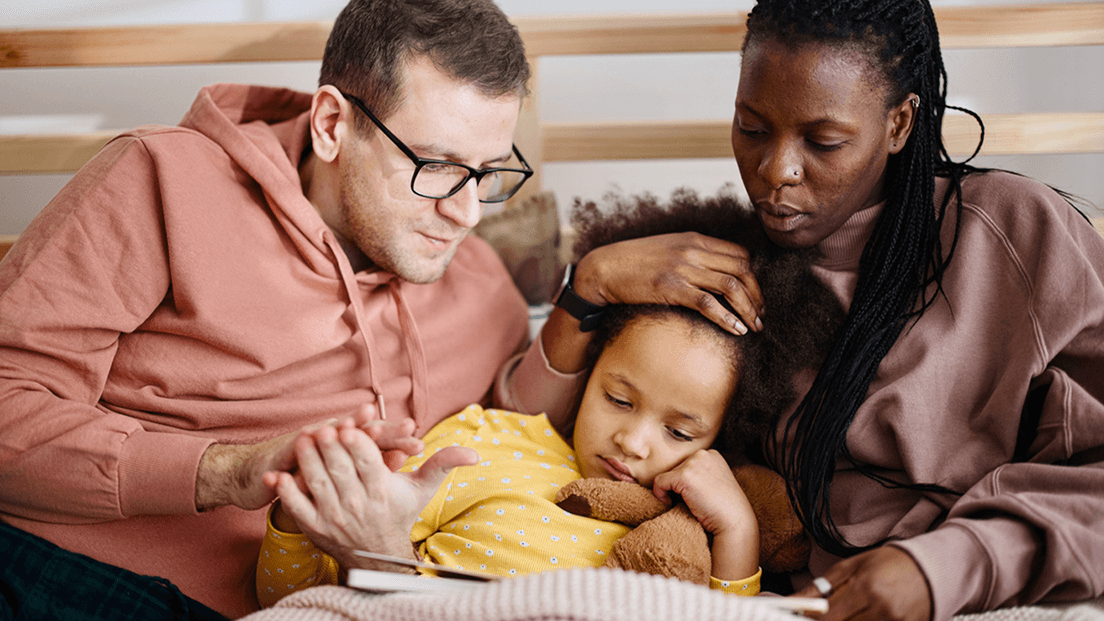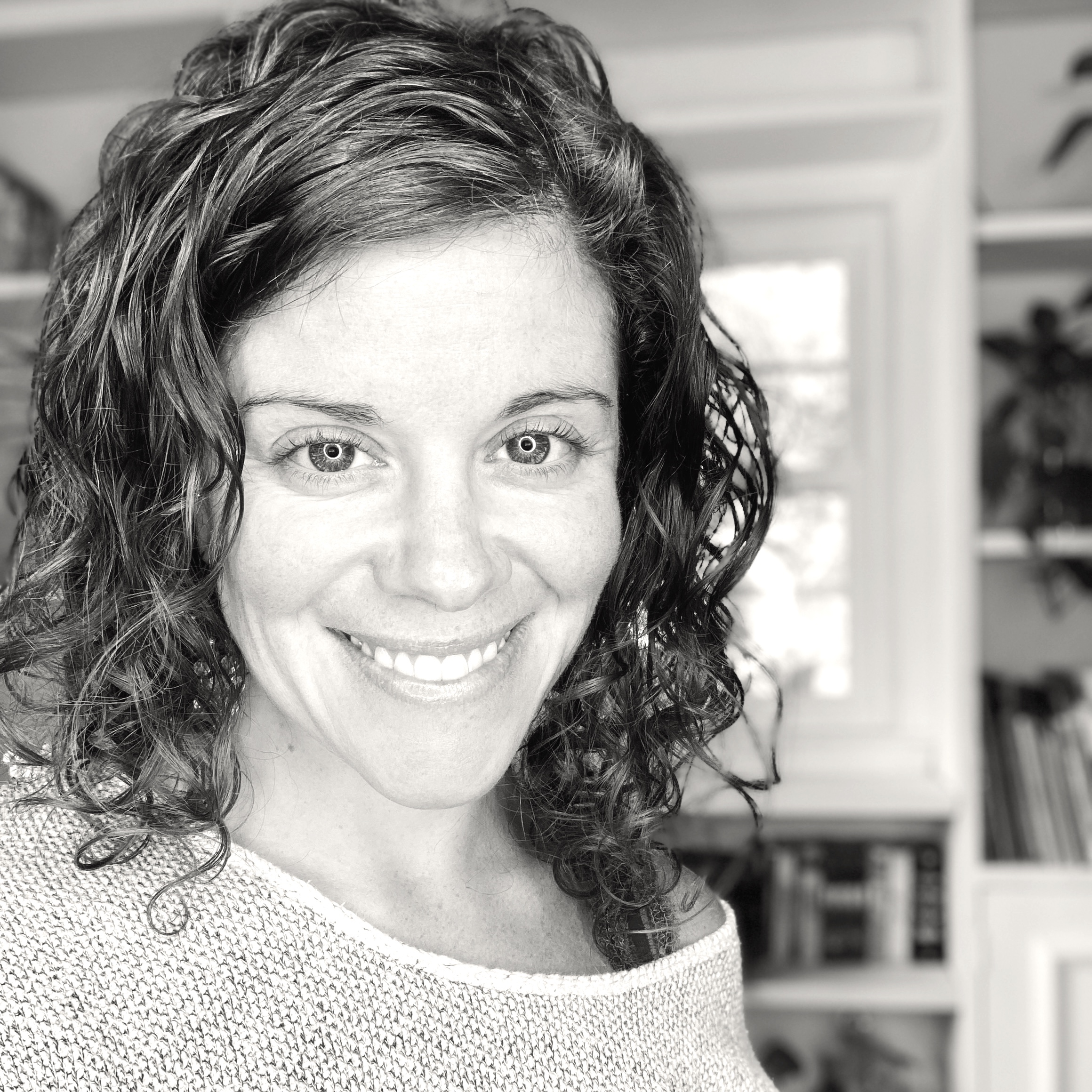Diabetes Camp: Why Forcing Your Child to Go May Be The Best Decision Ever
Written by: Ginger Vieira
6 minute read
December 15, 2021
Editor’s Note: This content was originally published at OnTrack Diabetes, acquired by EndocrineWeb, and is republished with permission.
Imagine living in a world where everyone has to count carbs, calculate their insulin-to-carb ratios and decorate their arms or abdomen with various ‘betes technology. This is, essentially, what diabetes summer camp is like—an oddly “wonderful” place where you’re just like everybody else.
Nobody is staring or asking the same questions you hear every week of your life, like: “Oh my gosh, how can you do that? I could never do that! Doesn’t that hurt?”
In the world of diabetes camp, kids with diabetes are just like all the other kids at the table. It’s where diabetes is “normal.”
“I was so reluctant to go to camp,” says Christine Fallabel, who was diagnosed with type 1 diabetes as a pre-teen and went to Camp Setebaid in Shickshinny, PA, at 12-years-old. “I didn’t want anything to do with diabetes or other people who had it.”
Fallabel says she tried to get out of going, but she was so glad her efforts didn’t work once she was there.
“I absolutely and truly loved that everyone, even the medical staff and all of the counselors, had diabetes. It was just a normal part of life.”
At diabetes camp, explains Fallabel, diabetes could just fade into the background of meals and daily activity because everyone around you is counting carbs, dosing their insulin and dealing with low and high blood sugars together.
“For once, I didn’t feel different,” she says. Fallabel continued to attend camp until she was 24-years-old, eventually attending as a counselor in the latter half of her experience.
There’s a place for even children as young as 6 or 7 years old in diabetes camp, too.
“My 6-year-old son goes to diabetes camp, and he loves it,” says his father, Steve L. “He gets to be around kids his age and older, who all go through the same things he goes through daily. He feels ‘normal’ there.”
Holly Whitman echoes the same sentiment after attending just once when she was 13-years-old.
“It was the first time I got to know other kids with type 1 diabetes. Everything that made me feel different in regular life was just normal there.”
Expect Reluctance and Refusal
The reluctance to attend diabetes camp isn’t uncommon; you should expect it as a parent. But if you can endure your child’s resistance and eventually get them there, they’ll probably thank you immensely.
“I went after my diagnosis at 5-years-old,” says Mike Hoskins. But Mike’s first camp experience was quickly tainted by mosquito bites. “I had softball-sized mosquito bites, and it made me hate the idea of camp.”
Today, Mike says he regrets not giving it another chance as a kid, but he’s found ways to participate as an adult by becoming part of the Diabetes Youth Foundation in Indiana.
“Seeing all the kids and the experiences they have at camp, and what it means to them and their families, is so incredibly heartwarming.”
Simply getting your child, perhaps especially your teen, to camp in the first place might be the most arduous part, though.
“I thought it was going to be a stupid health camp,” says Samantha Galvez, who first started going to Camp Setebaid, like Fallabel, at age 13. Today, she’s 26-years-old and still goes every year, now as a counselor to the Keystone Diabetes Camp Breinigsville, PA.
“I didn’t want to go. I refused to pack. I folded my arms the entire drive there. My parents joked that ‘Samantha was either going to hate us or love us when we pick her up at the end of this.’”
Galvez’s mother says she’ll never forget the smile on her daughter’s face when they arrived to pick her up. “I never wanted to leave! I was sobbing!” recalls Galvez.
Her mother and father quickly realized that forcing their daughter to go to diabetes camp was the best parenting decision they’d ever made—especially for her relationship with her disease.
In addition to making some lifelong friends, Galvez says that talking about diabetes at camp was vastly different from learning about it from her doctors back home.
“At camp, I liked having help managing my diabetes and counting carbs. I didn’t feel like I was being talked down to or lectured.”
An Experience Every Endocrinologist Should Prescribe
Fallabel and Galvez agree the experience of diabetes camp provides far more than just a safe place for your kids to spend part of their summer. It has the potential to completely change how they perceive and manage their blood sugars and their life with diabetes years down the road.
“It definitely helped with my diabetes management as I’ve gotten older,” says Fallabel. “I really wish that diabetes camp would come as a prescription from every endocrinologist in the United States. Children need to see how normal they can feel when diabetes is the norm, not the anomaly. I wish diabetes camp was subsidized. I wish it was a benefit offered through health insurance.”
Fallabel says diabetes camp inevitably helps kids and teens get the support they need for the mental toll the 24/7 demands of diabetes take.
Checking your blood sugar and counting carbs is tedious and arduous, but what can weigh a child down the most is the overwhelming feeling of being the only person in their world who has to deal with those daily demands every single day.
Camp suddenly cures that loneliness and any festering self-pity. Suddenly, your child is surrounded by people their age who just get it.
Even without talking about it deliberately, just knowing that they now have a group of friends in the world who endure low blood sugars during a basketball game, high blood sugars before a math test, pump site failures at a sleepover, and the inevitable guilt and frustration that comes with every imperfect blood sugar is wildly comforting as a parent.
“Everyone needs to go at least once in their life,” says Fallabel.
Galvez firmly agrees.
“I would not be who I am today without attending diabetes camp,” she says. “It has changed my life.”
Finding a Camp and Paying for It
There are camps dedicated to children and teens with type 1 diabetes all over the country.
Use this simple “diabetes camp” search tool at American Diabetes Association or the Diabetes Education and Camping Association to find a camp.
Age requirements: Most camps require children to be over 7 years old for overnight camps, but there are also day camps for children ages 5 to 7 years old where they will still be immersed in a world where diabetes is the norm. Search camps within a reasonable distance from your neighborhood until you find the right fit for your family!
Cost: The cost of camp varies significantly depending on the length of stay, the cost of living in your area, the features of the camp, etc. Many camps have financial assistance and scholarships to help families in need of financial aid. Don’t let dollar signs prevent you from researching this opportunity for your child.
Not quite ready to send your child or teen off to camp for an entire week or two? Many diabetes programs offer shorter weekend-long camps as well as “family camps” that provide your child the feeling of being surrounded by other kids with diabetes without losing the support of mom and dad.
If you’re struggling to find the right fit for your child or family, call your local ADA office or reach out to a nearby diabetes camp and ask for suggestions.
Looking for a diabetes camp for adults? Check out ConnectedinMotion and SlipStream events.
Related Resources

The American Diabetes Association’s 2025 Scientific Sessions in Chicago were full of fresh ideas and...
Read more

A diabetes diagnosis doesn’t mean your sex life is off-limits. It's still yours to enjoy—just...
Read more

Insulin is the main hormone your body uses to control how much sugar is in...
Read more


